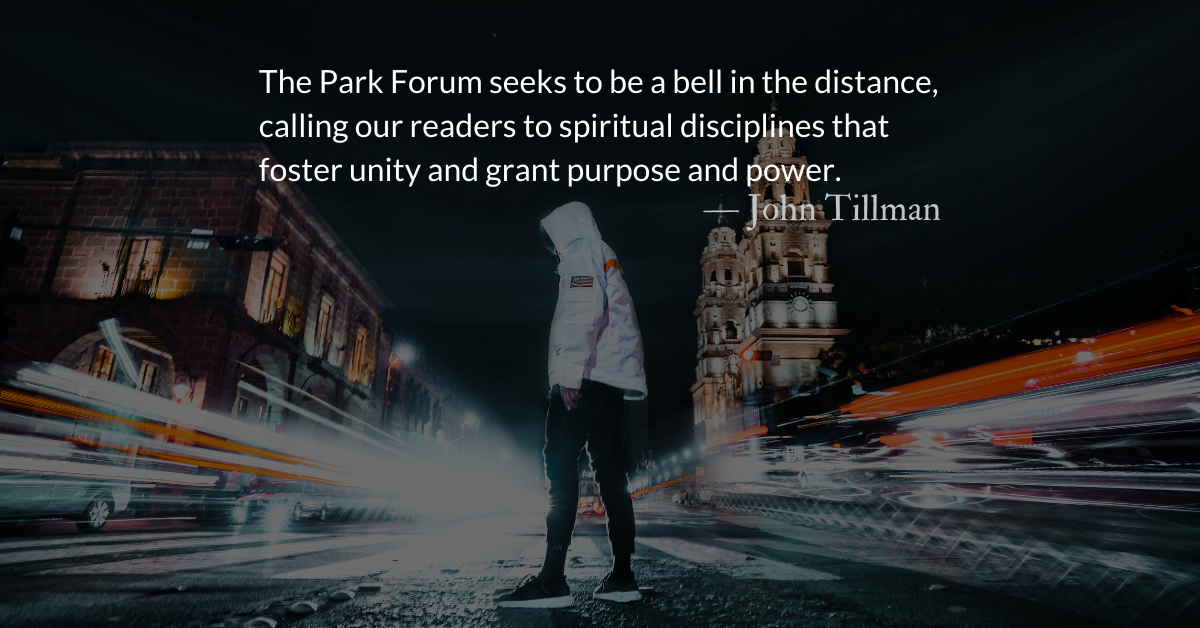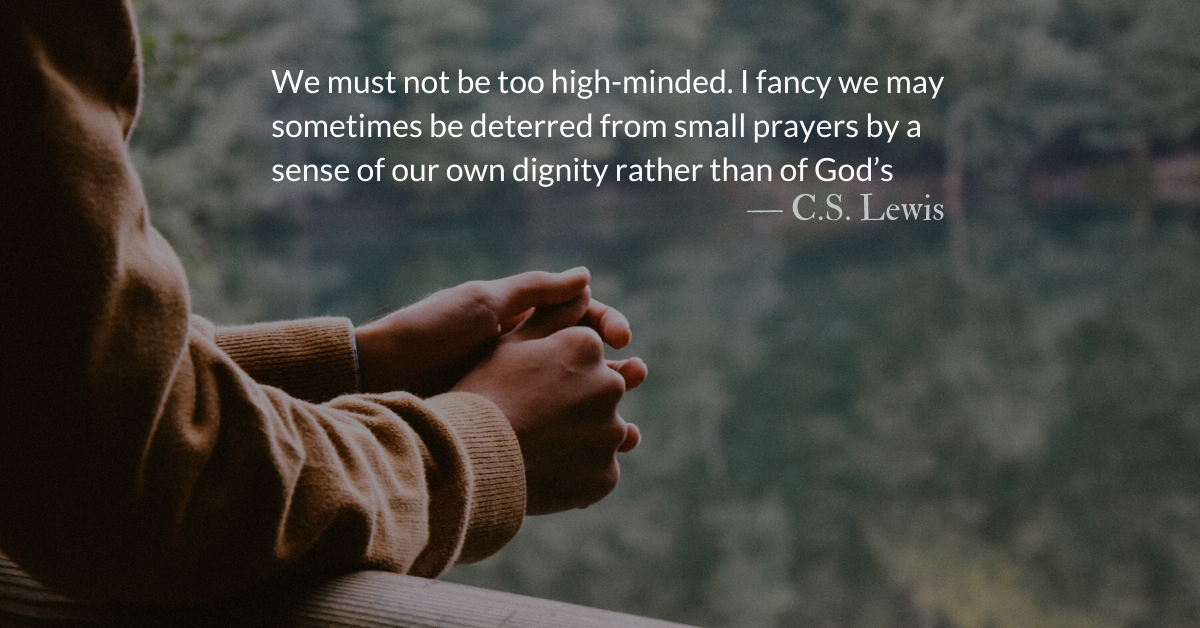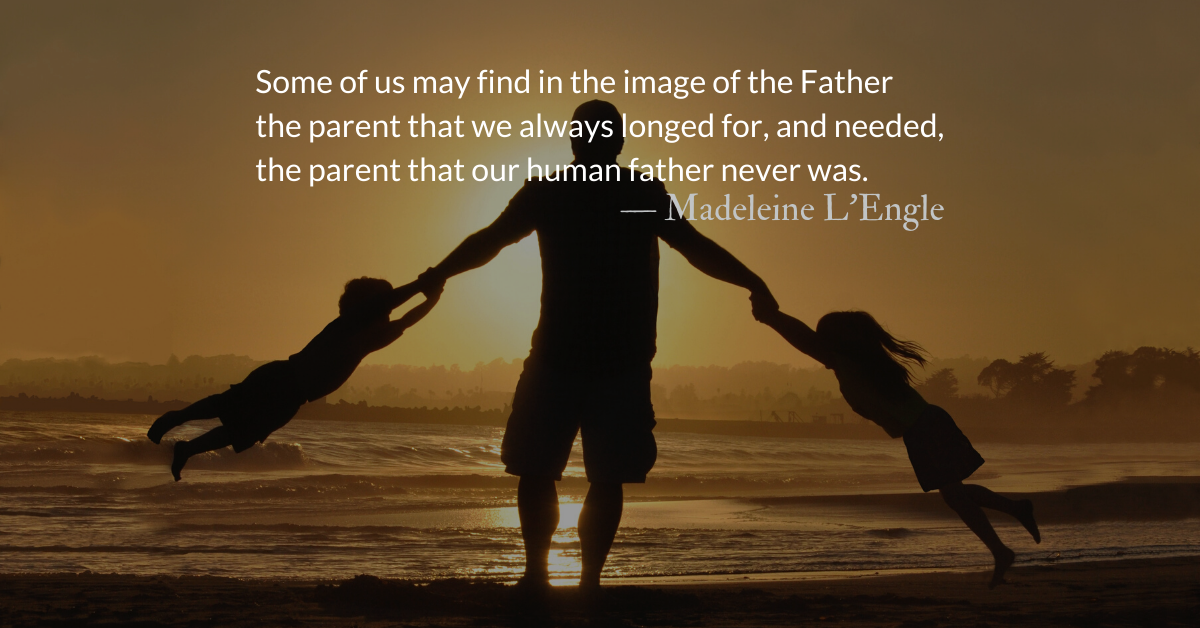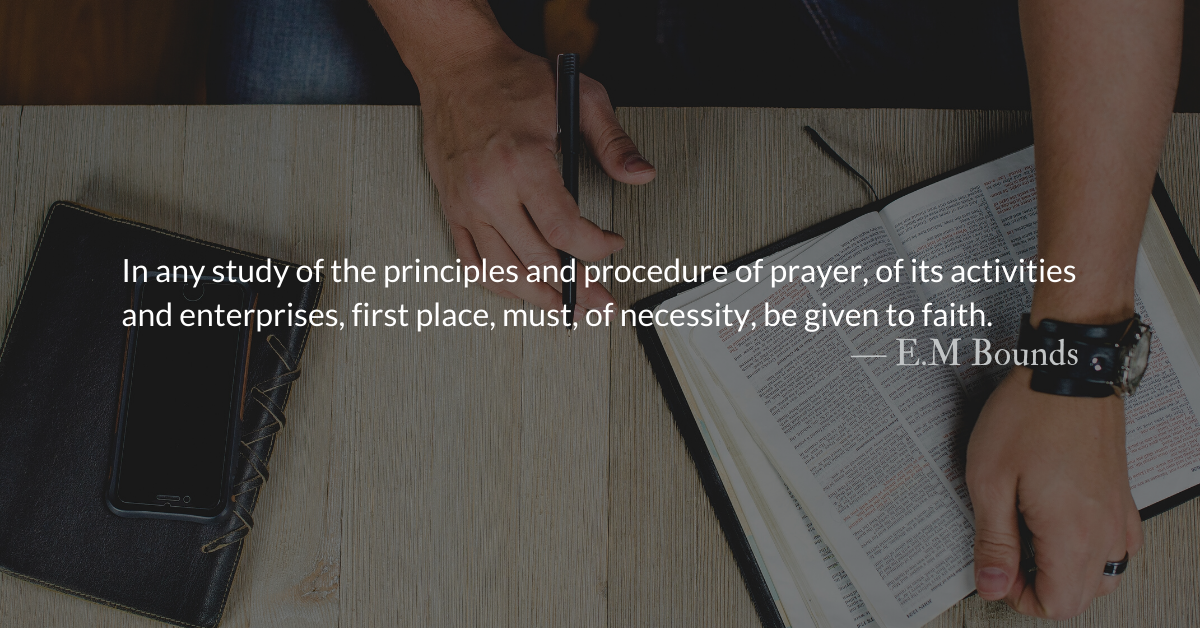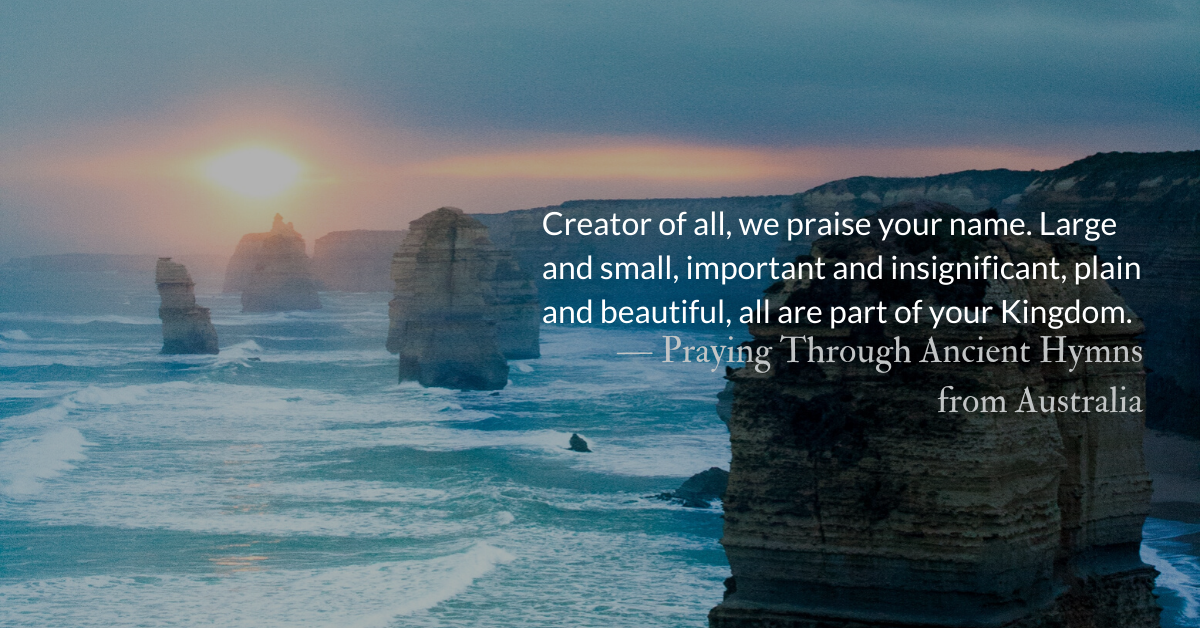From John:
Read the Bible. Reflect and pray.
That is the two-pronged, ultra-simplified vision that we have for our readers. This week and part of next we take some time to curate and comment on some classic readings about prayer that may strengthen and encourage us in the practice of prayer.
Reflection: Called to Prayer :: The Angelus
By John Tillman
Money always catches culture’s eye.
In 1889 a painting of a moment of prayer sparked a bidding war that resulted in Jean–Francois Millet’s The Angelus, selling for 580,650 francs, an unprecedented sum of money, and in today’s currency, close to 3.25 million dollars.
Heidi J. Hornik reflects on the painting in her article, A Call to Prayer.
“The work shows a peasant couple bowing their heads in prayer as the evening Angelus bell tolls. In this thrice-daily devotion—morning, noon, and evening—the church bell calls followers to a prayer of gratitude for the goodness of God expressed through the Incarnation.”
We have written before about the spiritual discipline of praying the hours, which is related to the type of prayer seen in the painting. We regularly point readers to the work of Phyllis Tickle in The Divine Hours prayers.
In the painting, a community, separated by distance, was united by the call of the bell and by pausing to pray. It is not the bell or the distant physical church that unites them—it is the spiritual bond of prayer.
“Millet…recalls that ‘his grandmother, hearing the church bell ringing while we were working in the fields, always made us stop work to say the Angelus prayer…’”
The Angelus prayer centers scripturally around the Annunciation to Mary and Mary’s response. The message, both from the angel and from the Magnificat later in Luke’s account, speaks of good news to the lowly and the poor. The gospel always comes first to the lowly.
“After the 1848 Revolution in France, a peasant revolt that spread fear in Europe, Millet’s paintings were negatively reinterpreted as fostering a too grandiose view of the common people…Though our estimate of a work of art will always be influenced by our attitude toward its cultural, political, and religious context, perhaps the time has come for us to appreciate The Angelus as an honest depiction of a prayerful response to God’s presence…the prayerful couple’s humility seems wholly genuine, reflecting their response to the grandeur of God’s work in nature between them and the church shown in the distance.”
The Park Forum seeks to be a bell in the distance, calling our readers to spiritual disciplines that foster unity and grant purpose and power.
Whether in a maze of cornfields, or a maze of cubicles, or a corner office, may we be called to prayer by setting a chime, a reminder, or a notification. At that tone, may we take a humble posture, similar to these peasants, and may we pray.
*View “The Angelus” by Jean–Francois Millet via this link.
*Quotations from A Call to Prayer, by Heidi J, Hornik
We will forgo the Divine Hours prayer today, to pray together the concluding lines of the Angelus Prayer. You may still find a link to The Divine Hours here.
The Angelus:
“Pour forth, we beseech Thee, O Lord, Thy grace into our hearts; that we, to whom the incarnation of Christ, Thy Son, was made known by the message of an angel, may by His Passion and Cross be brought to the glory of His Resurrection, through the same Christ Our Lord.”
Today’s Readings
1 Chr 3-4 (Listen -8:52)
Hebrews 9 (Listen -4:40)
Thank You!
Thank you to our donors who support our readers by making it possible to continue The Park Forum devotionals. This year, The Park Forum audiences opened 200,000 emails with free, and ad-free, devotional content. Follow this link to join our donors with a one-time or a monthly gift.
Read more about Transitions
The early church’s rhythmic practice of daily prayer and readings unified them across the known world
Read more about Artful Prayers
Art is not scripture. But all art preaches. Many times art preaches more effectively than a sermon.

